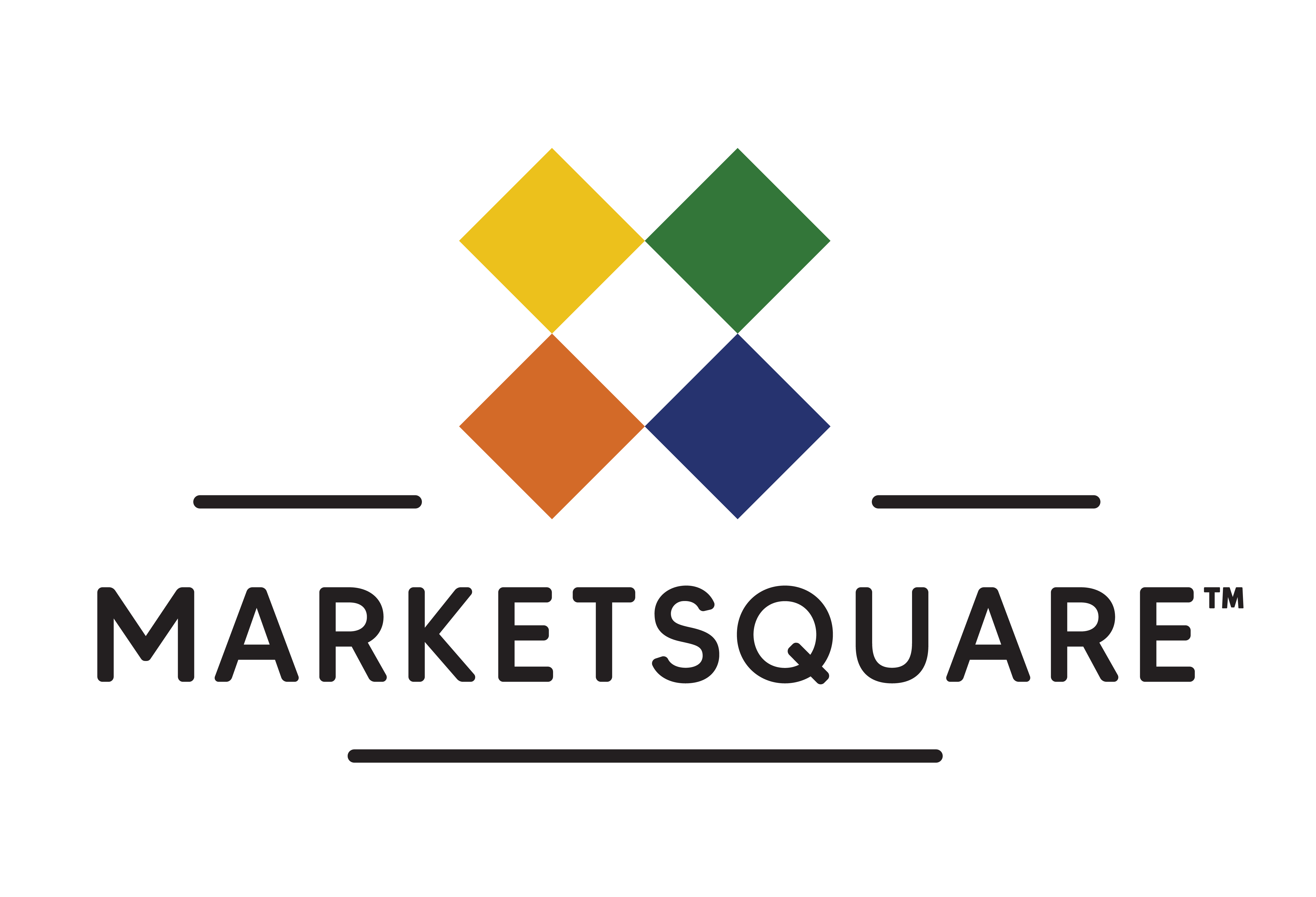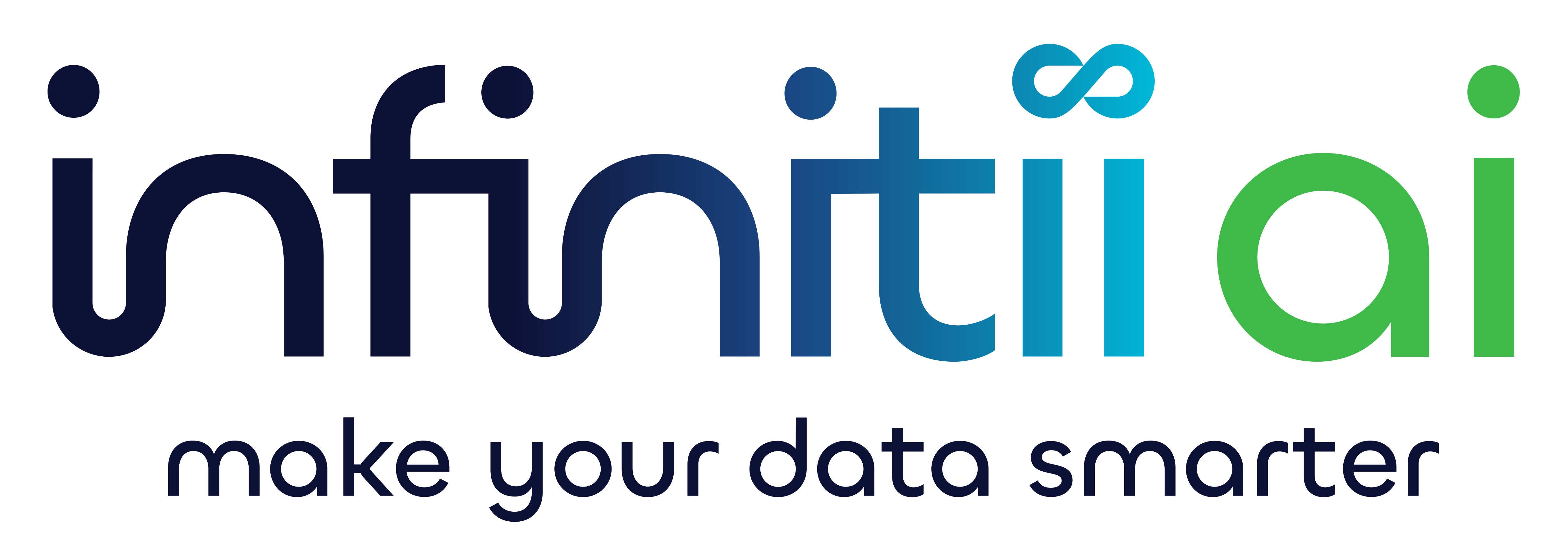Logging in to Facebook securely ensures access to your account and keeps you connected.
Editor's Notes: "Log In To Facebook: Securely Access Your Account And Stay Connected" was published today because it is crucial to protect your Facebook account and maintain access to your network and information. Understanding the secure login process empowers you to safeguard your account and stay connected seamlessly.
We've analyzed available information and compiled this comprehensive guide to help you navigate the secure login process on Facebook, ensuring a seamless and secure experience.
| Key Differences | Key Takeaways |
|---|---|
| Secure login methods | Two-factor authentication, strong passwords |
| Protecting against phishing | Verify website authenticity, avoid suspicious links |
| Account recovery options | Verified phone number, trusted contacts |
To delve into the specifics of secure Facebook login, let's explore the main article topics:
FAQ
The Log In To Facebook: Securely Access Your Account And Stay Connected page provides guidance for accessing accounts securely, offering answers to common queries and resolving misconceptions.

Golden State Warriors Case Study | RingCentral - Source www.ringcentral.com
Question 1: What steps can be taken to keep accounts secure when logging in to Facebook?
To ensure account security, using a strong password and enabling two-factor authentication are recommended. Additionally, being cautious of phishing attempts, avoiding suspicious links or requests, and regularly reviewing account settings for unusual activity are important.
Question 2: What should be considered when choosing a password?
When selecting a password, it should be complex, containing a combination of uppercase and lowercase letters, numbers, and special characters. Avoid using personal information or common words that can be easily guessed.
Question 3: How does two-factor authentication enhance account security?
With two-factor authentication enabled, an additional layer of security is added. Upon logging in, a code is sent to a registered device, ensuring that only the account owner with access to that device can gain entry.
Question 4: What are phishing attempts, and how can they be recognized?
Phishing attempts involve deceptive emails or messages that appear to come from legitimate sources but aim to obtain sensitive information. They often contain suspicious links or request personal details. Exercise caution when encountering such messages and avoid clicking on unfamiliar links.
Question 5: Why is it essential to review account settings regularly?
Regularly reviewing account settings helps identify and address any unauthorized changes or suspicious activity. It is advisable to check for unrecognized devices or apps connected to the account and adjust privacy settings to maintain control over personal information.
Question 6: What measures can be taken if an account is compromised?
If an account is compromised, it is crucial to act promptly by changing the password, enabling two-factor authentication, and reporting the issue to Facebook. Additionally, informing contacts about the compromised account to prevent them from falling victim to potential phishing attempts is recommended.
By adhering to these guidelines and addressing common concerns, users can effectively secure their Facebook accounts and maintain the privacy and integrity of their personal information.
For further guidance on account security, refer to Facebook's Help Center.
Tips for Securely Accessing Your Facebook Account

Login | MarketSquare - Source marketsquaretech.app
Maintaining the security of your Facebook account is paramount. By implementing these practical tips, you can ensure authorized access and safeguard your personal information.
Tip 1: Create a Strong Password
Avoid using common words or personal information. Instead, opt for a complex combination of upper and lower case letters, numbers, and symbols. Consider using a password manager to generate and store your strong passwords securely.
Tip 2: Enable Two-Factor Authentication
This adds an extra layer of security by requiring you to enter a code from your phone or email after entering your password. If someone tries to access your account, they will need not only your password but also the code sent to your device.
Tip 3: Be Cautious of Phishing Scams
Never click links in emails or messages that appear to come from Facebook but request your personal information or login credentials. Legitimate Facebook communications will never ask for your password or other sensitive information.
Tip 4: Update Your Software
Regularly updating your browser and operating system can protect your account from vulnerabilities exploited by malicious software or hackers. Running the latest versions ensures that your device is patched against known security threats.
Tip 5: Log Out When Done
If you are using a public or shared computer, always log out of your Facebook account when you are finished. This prevents subsequent users from accessing your account without your knowledge.
Summary
By following these tips, you can significantly enhance the security of your Facebook account, protecting your privacy and personal information from unauthorized access.
Log In To Facebook: Securely Access Your Account And Stay Connected
In the era of digital communication, logging into Facebook securely is crucial to safeguard your personal information and maintain seamless connections. Here are six key aspects that ensure safe and successful account access:
- Strong Password: Use a complex, unique password.
- Two-Factor Authentication: Enable this feature for an extra layer of security.
- Browser and Device Security: Keep your browser up-to-date and use a trusted device.
- Avoid Public Wi-Fi: Log in only on secure, private networks.
- Be Wary of Phishing: Pay attention to suspicious emails or messages.
- Logout Securely: Always log out of your account when finished.
By adhering to these principles, you can confidently log into Facebook, protecting your account from unauthorized access and maintaining your social connections securely. Remember, safeguarding your digital presence ensures not only the safety of your personal information but also the integrity of your online interactions.

What's New: Innovations and Updates | RingCentral UK - Source www.ringcentral.com
Log In To Facebook: Securely Access Your Account And Stay Connected
Securely logging in to your Facebook account ensures protected access to your personal information, connections, and interactions on the platform. It safeguards your privacy by preventing unauthorized entry, protecting the integrity of your account, and maintaining the confidentiality of your data. By implementing robust security measures, Facebook empowers users to confidently access their accounts, engage with others, and enjoy the benefits of the platform without compromising their online security.

Login - FlowWorks - Source www.flowworks.com
In today's digital landscape, the ability to securely log in to online accounts is of paramount importance. Facebook, as a leading social media platform with billions of users, recognizes this need and has made significant strides in enhancing its security features.
To further protect user accounts, Facebook has implemented two-factor authentication (2FA), an additional layer of security that requires users to provide a second form of verification, such as a code sent to their mobile phone, when logging in. This measure significantly reduces the risk of unauthorized access, even if a user's password is compromised.
Facebook also employs advanced encryption algorithms to safeguard user data both during transmission and storage. By encrypting sensitive information, such as passwords and personal details, Facebook ensures that it remains protected from unauthorized interception or access.
Furthermore, Facebook regularly updates its security measures to stay ahead of emerging threats. Its team of security experts continuously monitors the platform for vulnerabilities and promptly deploys patches or updates to address any potential risks. This proactive approach helps to protect user accounts and maintain the integrity of the platform.
In conclusion, securely logging in to Facebook not only safeguards user accounts but also empowers them to fully engage with the platform's features, connect with others, and share their experiences. By prioritizing security, Facebook enables users to enjoy the benefits of social media while maintaining the confidentiality and integrity of their personal information.